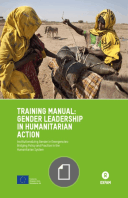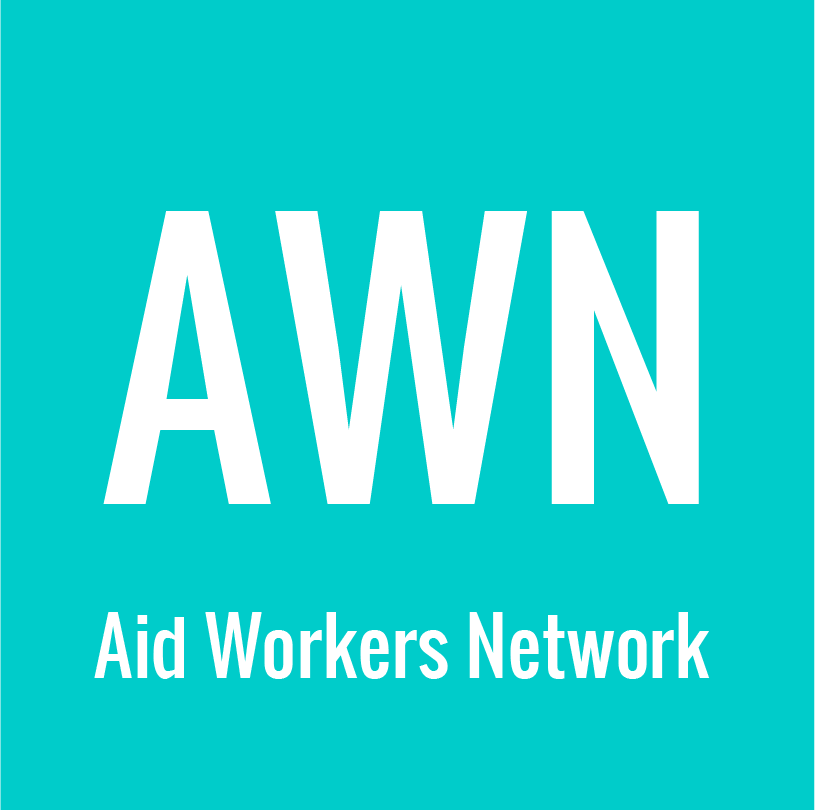
- March 27, 2017
Gender interacts with multiple factors including but not limited to age, ethnicity, disability, caste, class, religion and environment, to determine an individual’s ability to be aware of, lay claim to, and access their rights and entitlements. In times of crisis – whether slow or sudden onset, climate or conflict driven – there are shifts in how these factors interact that present opportunities and risks for women, girls, men and boys in accessing their rights, in the short, medium and longer term. Humanitarian (and development) actors need to be sensitive to these risks and opportunities.
The purpose of this training manual is to support the institutionalization of gender equality and women’s rights in all humanitarian action. It was developed by Oxfam to support the implementation of the project Institutionalizing Gender in Emergencies: Bridging Policy and Practice in the Humanitarian System, supported by the European Commission’s Humanitarian Aid and Civil Protection department (ECHO) during 2015 to 2017. The aim of this initial training is to develop a critical mass of committed gender leaders – some might call these ‘change agents’ or ‘change-makers’ – who can together influence changes in policy and practice at different levels across the humanitarian system.
